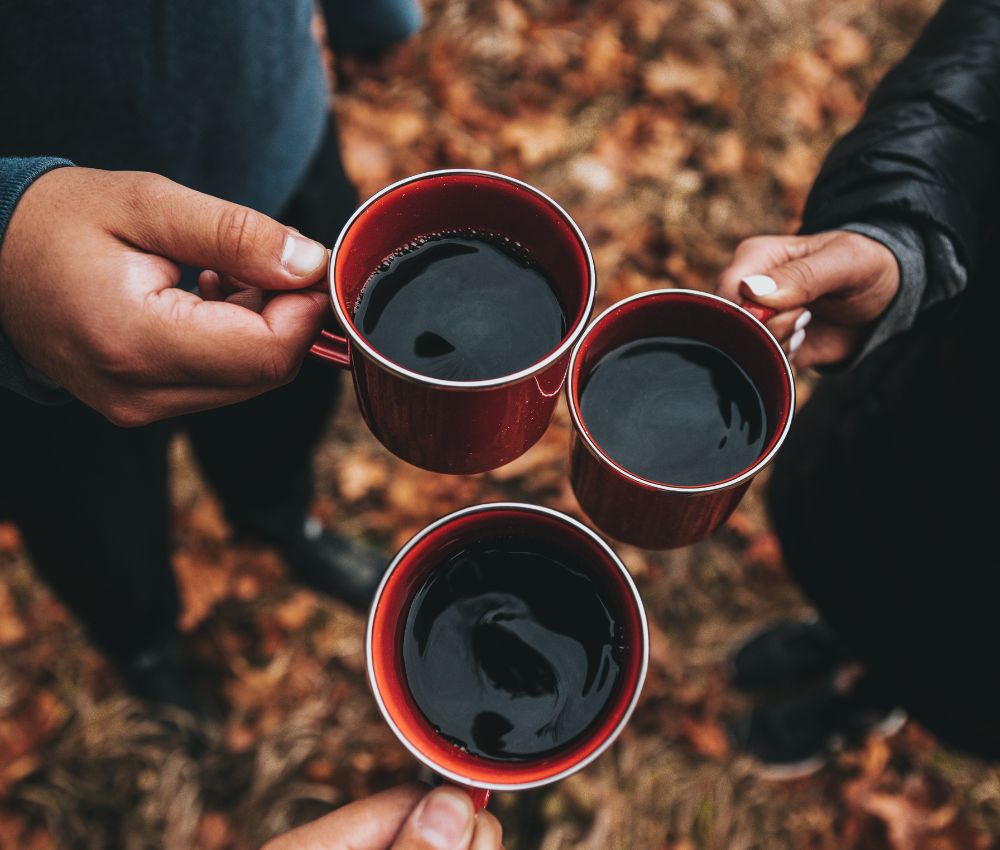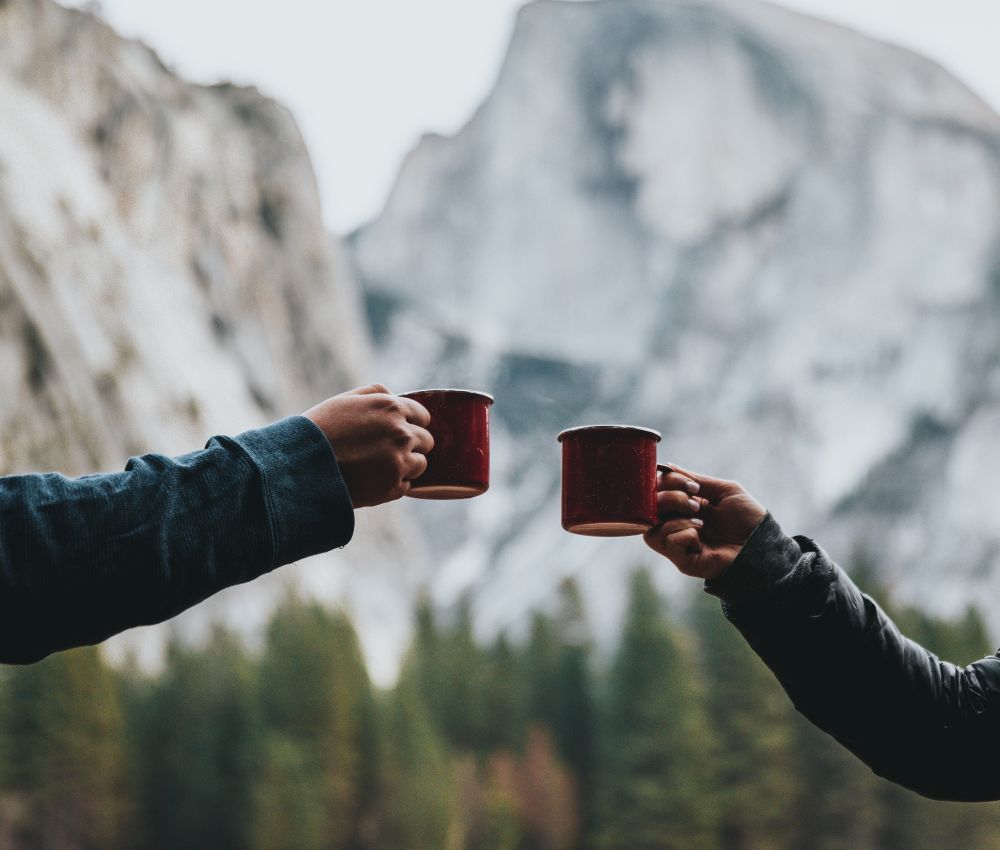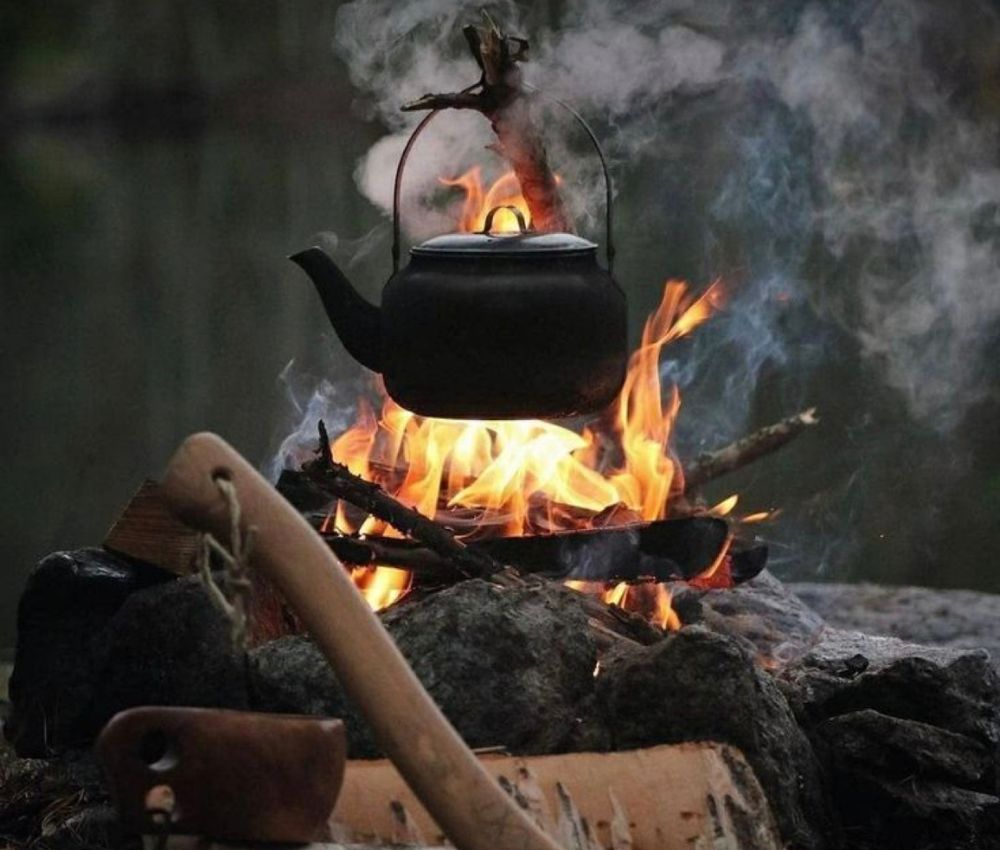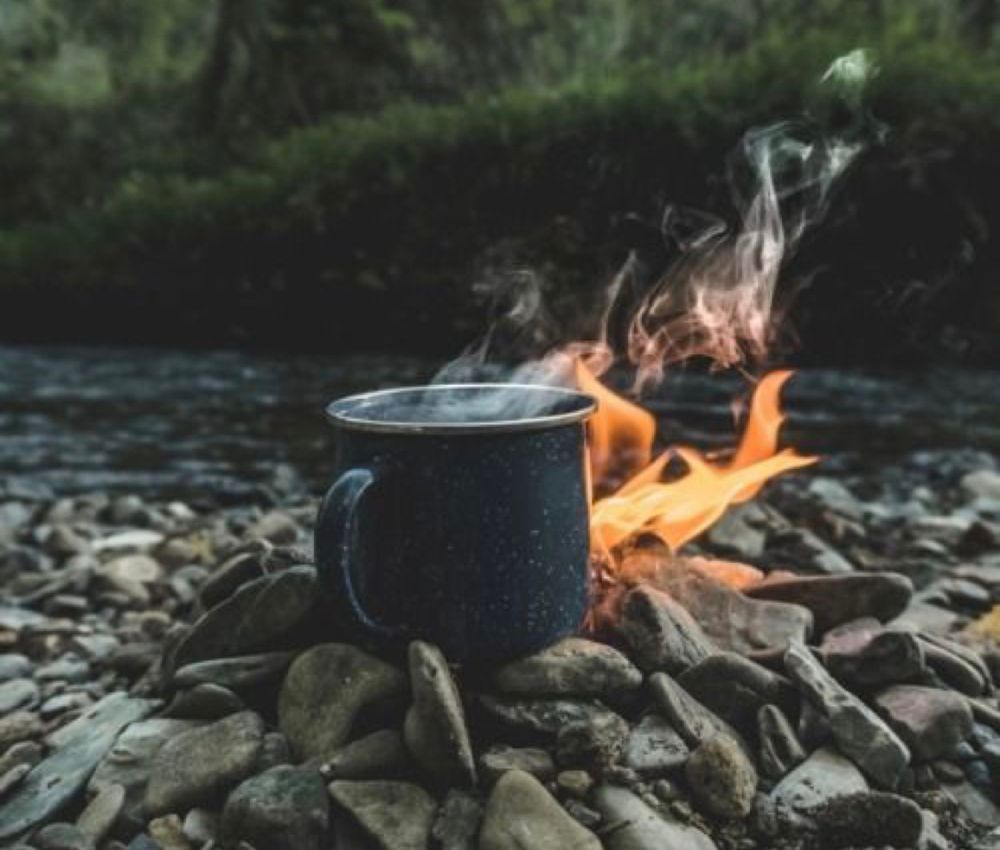Finding Meaning in Celebration: Reclaiming Joy, Ritual, and Connection

Finding Meaning in Celebration
Nau mai haere mai and welcome to the cups of tea story from last Friday which started with a visitor who talked about Halloween, a key focal point for the kōrero. This week, having just had all the fireworks of Guy Fawkes, it really feels like the summer holiday season is approaching fast.
As the kōrero began, a regular guest spoke of a small but meaningful moment, a school prize giving. “Creating the two hours of space that's celebratory is something that it seems like since COVID, we've all been afraid to be with people,” they reflected. “This one felt like it's getting slightly back to normal.”
It was a reminder of how rare it can feel to gather for joy’s sake and to sit in a hall filled with music, laughter, and community. “I was just being grateful for that kind of celebratory moment,” they said. This set the tone for a conversation about celebration, what we celebrate, who we celebrate with, and what those moments mean.
The Heart of Celebration: Connection and Community
One speaker recalled hosting small Halloween gatherings years ago, not for the costumes or lollies, but for the togetherness. “We would have local community, our households or households of friends, and we would host something each around the kaupapa… people could do what they wanted,” they said. “For me, the purpose was using that time to build community and build connections.”
That desire for connection has stayed with them. “Where I stay in Wellington, we have a community meal tonight,” they shared. “People bring what they can, but contribution might be in someone opening with a karakia, or helping to vacuum afterwards, or do some dishes. It’s kind of a community space with local people who are perhaps part of the street community.”
That same theme echoed throughout the kōrero, how the act of gathering, no matter the reason, helps weave us back together after moments of separation.
Traditions Across Cultures
From Wellington to Los Angeles to the outback of Australia, participants shared how celebrations take shape in different places.
One of our Walk Together founders remembered teaching in remote Australia, where the local Aboriginal community transformed the school into a haunted house at Halloween “each classroom was completely decked out, blacked-out sheets, glow-in-the-dark stuff… we used to go hard out.” It was a joyful memory and a reflection of how this imported holiday had become something uniquely their own.
Across the ocean, a community member described Halloween in Los Angeles: “It’s so over the top… you can’t go into a single store or restaurant without there being so much going on.” Yet, as they observed, even the theatricality held a certain charm. “It’s just a really cute way for folks to get together. It’s fun to do costumes.”
But there was also caution, the awareness that celebration can cross into appropriation. “I’ve been on the other side of people against Halloween,” one person said, “and then the cultural appropriation of the Mexican culture happens as well.”
These stories opened the door to a deeper reflection of how we hold space for celebration that is both joyful and respectful?
Reclaiming Our Own Rituals
“I think the challenge,” said one speaker, “is the reclamation of those traditions or celebrations that are relevant to our own culture.”
They named examples close to home: “Matariki would be one. Next week is Parihaka Day, which is also Guy Fawkes. In that context, it’s actually about continuing to look at those opportunities and recognise, hey, this is something that’s relevant, these are the stories of our whenua-land.”
Another spoke about a local Matariki celebration at the beach: “They had a bonfire and some singing… and it was just so lovely. These are the kind of things I want to celebrate, Aotearoa things, community things, where anybody could come.”
Later, a community member reminded us of the deeper history beneath these gatherings. “We had our ceremonies and rituals taken away from us through design, through the Tohunga Suppression Act,” they said. “We’re very lucky to even know about Matariki, because all that knowledge was suppressed and taken from us. But you can’t erase culture. You can’t erase 800 years of stuff.”
That reflection grounded the kōrero, a reminder that the ability to gather and celebrate in indigenous ways today is not just joyful, but a form of resilience.
Making Meaning in Modern Celebrations
Not everyone felt connected to imported traditions like Halloween with one guest saying “I’m not a great fan…I usually close the curtains and don’t open the door.” Another laughed, remembering how their mum used to hand out “crackers instead of lollies… the kids were like, ‘What the hell are these things?’”
Others reflected on how the holiday has changed over time. “I think it’s been around for a long time…but now it’s in these newer generations, because they’re all marketed to. You can buy costumes online before you had to make your own.”
Our Walk Together founder traced Halloween’s roots back further still: “It’s a cross between paganism and All Hallows Day… it’s interesting to see how different religions and cultures somehow managed to put something together.”
Amidst the laughter and history, a pattern emerged: that celebration, in any form, always evolves. It can be playful, commercial, spiritual, or cultural, and yet, at its best, it connects us to something larger than ourselves.
As one voice beautifully summed it up: “Every holiday has an opportunity to interpret it…the celebration that you bring to it is what I’m reflecting on.”
Finding Our Way Back to Joy
The kōrero wound its way back to community, the spring festivals, the shared meals, the time bank markets. “These are fun opportunities for people to come together, donate their time, or donate their resources,” a new guest said. “Just come and buy something, have morning tea and a piece of cake. It’s a really nice community feel.”
There was a sentiment shared that was bittersweet “Just feeling grateful that we can have Matariki and we can have a return to the reclamation to our indigenous ways, and that we can share that with people. But…this is just one part of so much that is still yet to be resurfaced and celebrated.
As the conversation closed, there was a sense of gratitude. Not just for the celebrations themselves, but for the people who keep finding ways large and small to bring us back to each other.
Thank-you for joining us in this newsletter, we will be meeting again online at 11am this morning. Please feel free to join us for another worthwhile discussion every Friday at 11am. Register here whānau.


